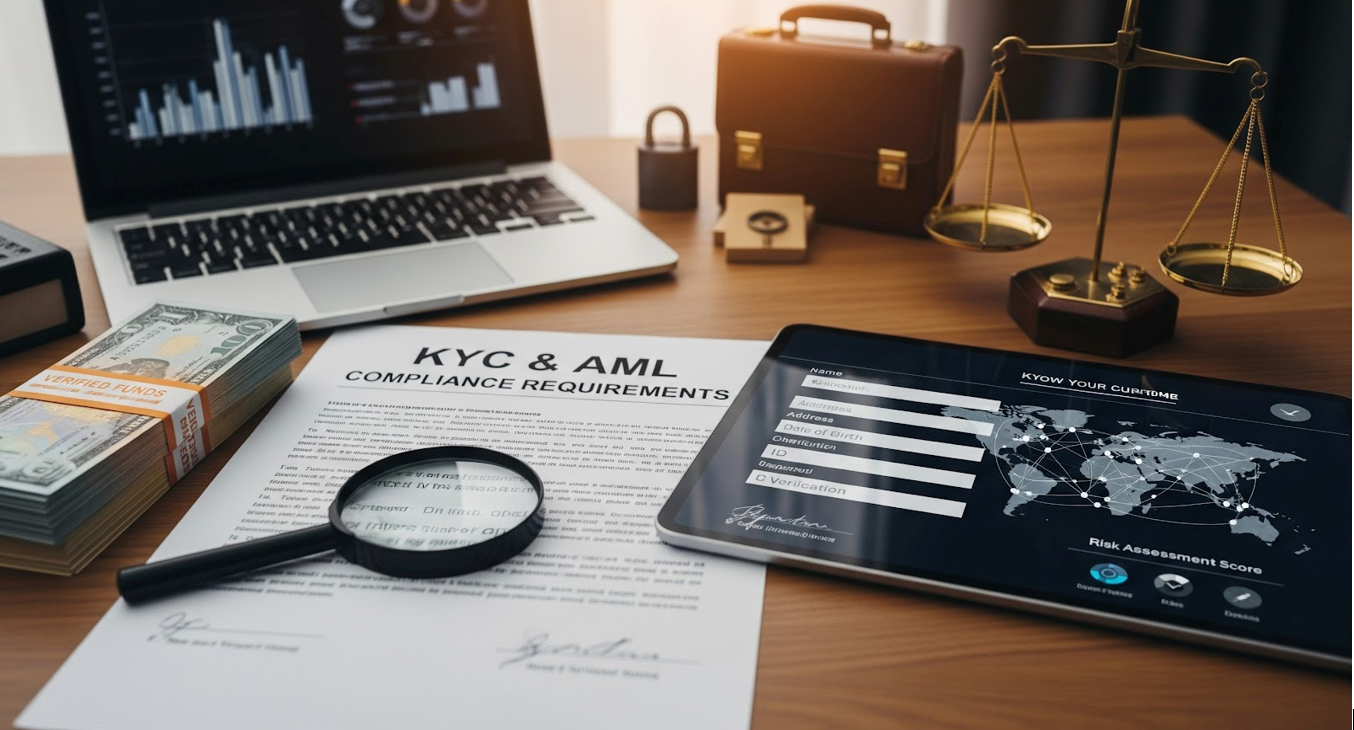The Startup Guide to Founders’ Agreements: What You Must Include

Launching a startup is exciting, but it’s also risky business, especially if you're building it with co-founders. While energy is often focused on product development and fundraising, it’s equally important to put the right legal foundations in place. One of the most critical early-stage documents you’ll need is a Founders’ Agreement.
This agreement isn't just about protecting your interests. It's about creating clarity, alignment, and trust. At LDU, we’ve seen too many startups face avoidable disputes simply because key terms were never put in writing. Here’s what every startup should know and include when drafting a strong Founders’ Agreement.
Why You Need a Founders’ Agreement
Startups are fluid. People come and go. Roles evolve. Founders pivot. A well-drafted Founders’ Agreement sets expectations upfront and minimizes the risk of future misunderstandings.
This isn’t a "nice-to-have." It's a foundational business document that outlines:
- How decisions will be made
- What happens if someone leaves
- How ownership is structured
- Who owns what, especially intellectual property
Without it, you're operating on a handshake and hoping nothing goes wrong.
Key Clauses Every Founders’ Agreement Should Have
- Equity Split and Capital Contributions
Clearly define how shares are allocated among founders and whether any cash, assets, or time-based contributions are expected. Do not assume a 50/50 split is fair. Align equity with value, risk, and role. - Roles and Responsibilities
Outline who is responsible for what. This includes product, operations, legal, fundraising, and other key areas. This builds accountability and prevents misunderstandings or resentment. - Vesting Schedule
This is one of the most important clauses. Vesting protects the company if a co-founder leaves early. A standard vesting model is four years with a one-year cliff, meaning no one walks away with equity unless they have contributed meaningfully over time. - Decision-Making and Voting Rights
Define how decisions are made. Should they be unanimous, majority-based, or based on shareholding? Set thresholds for key decisions such as fundraising, issuing new shares, or changing the business model. - IP Ownership
Make it clear that all intellectual property created by founders for the company belongs to the company. This is essential for investor confidence and future transactions like acquisitions. - Exit and Dispute Mechanisms
What happens if a founder wants to leave or needs to be removed? Include clear procedures. Also include a dispute resolution clause such as mediation or arbitration to avoid costly legal battles. - Non-Compete and Confidentiality
Prevent founders from starting competing ventures or misusing company information after departure. Make sure these clauses are enforceable in your jurisdiction.
Common Mistakes to Avoid
- Not documenting anything early on
Even a simple memorandum of understanding can help align expectations before a formal agreement is drafted. - Relying on templates without legal review
Templates often lack the jurisdiction-specific and business-specific detail that startups need. LDU provides tailored agreements that reflect your unique context. - Ignoring the vesting clause
It may feel awkward to raise with co-founders, but not having vesting is one of the most common sources of regret for early-stage startups.
How LDU Can Help
At LDU, we support startups at every stage of their journey, from pre-seed to Series B and beyond. We do more than just draft legal documents. We work as your on-call legal partner. Our contract support service is fast, flexible, and tailored to your business needs. Senior lawyers are available around the clock.
Whether you need a custom Founders’ Agreement or want us to review an existing draft, we can help. Our pricing is transparent and built for startups.
Final Thoughts
Legal clarity is a competitive advantage. A well-drafted Founders’ Agreement sets the tone for how your startup will operate, grow, and succeed. Don’t wait for a conflict to make it a priority.
Book a free 15-minute consultation with LDU to get started on your Founders’ Agreement.
👉 Book now or email us at hello@lduasia.com








.jpg)
